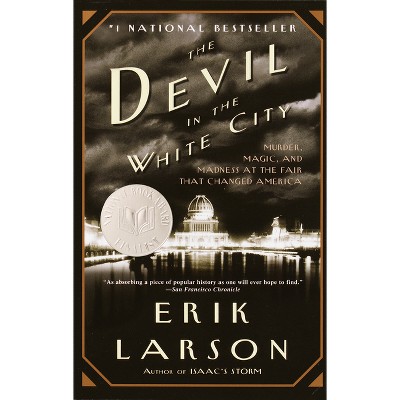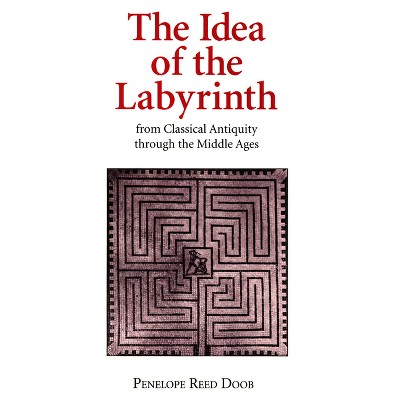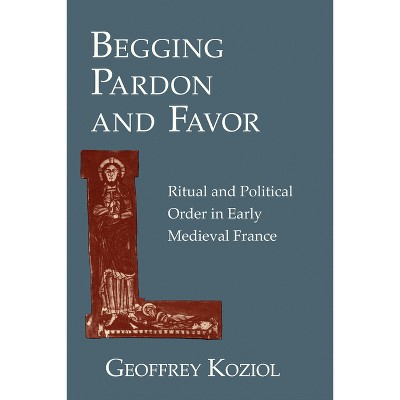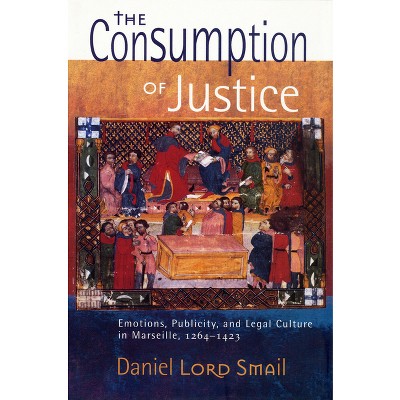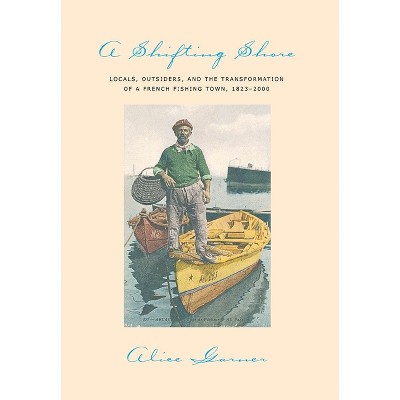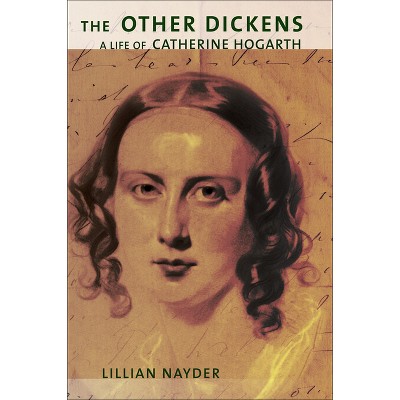About this item
Highlights
- "A fierce absolutist, a furious theocrat... the champion of the hardest, narrowest, and most inflexible dogmatism... part learned doctor, part inquisitor, part executioner.
- About the Author: Carolina Armenteros is Rosalind Franklin Fellow, Faculty of Arts, University of Groningen, and Visiting Fellow, Wolfson College, University of Cambridge.
- 376 Pages
- History, Europe
Description
About the Book
Maistre emerges from this deeply learned book as the crucial bridge between the Enlightenment and the historicized thought of the nineteenth century.
Book Synopsis
"A fierce absolutist, a furious theocrat... the champion of the hardest, narrowest, and most inflexible dogmatism... part learned doctor, part inquisitor, part executioner." Thus did Émile Faguet describe Joseph-Marie de Maistre (1753-1821) in his 1899 history of nineteenth-century thought. This view of the influential thinker as a reactionary has, with little variation, held sway ever since. In The French Idea of History, Carolina Armenteros recovers a very different figure, one with a far more subtle understanding of, and response to, the events of his day. Maistre emerges from this deeply learned book as the crucial bridge between the Enlightenment and the historicized thought of the nineteenth century. Armenteros demonstrates that Maistre inaugurated a specifically French way of thinking about past, present, and future that held sway not only among conservative political theorists but also among intellectuals generally considered to belong to the left, particularly the Utopian Socialists.
The historical rupture represented by the French Revolution compelled contemporaries to reflect on the nature and meaning of history. Some who remained religious during those years felt history with particular intensity, awakening suddenly to the fear that God might have abandoned humankind. This profound spiritual anxiety emerged in Maistre's work: under his pen, everything--knowledge, society, religion, government, the human body--had to be historicized and temporalized in order to be known. The imperative was to end history by uncovering its essence. Socialists, positivists, and traditionalists drew on Maistre's historical ideas to construct the collective good and design the future. The dream that history held the key to human renewal and the obliteration of violence faded after the 1848 revolutions, but it permanently changed French social, political, moral, and religious thought.
Review Quotes
"This book represents the fullest articulation of her own distinctive positionfollowing on from her recent spate of excellent articles.... Anyone interested in studying Maistre on his own terms should start with this excellentlucideruditeand highly original bookbut also bear in mind that the Maistre it reveals would probably have proved unrecognizable to most of his contemporaries"--Francesco Manzini
-- "Modern Language Review"A rich, learned, and ambitious book.
-- "History of European Ideas"Armenteros marries meticulous scholarship with provocative and original arguments to produce a work that will become required reading for any scholars interested in Joseph de Maistre, counter-revolutionary thought, or nineteenth century philosophies of history.
-- "French History"Carolina Armenteros attempts to demonstrate in this book that Maistre was more... moderate than has been alleged, that he drew on some of the leading Enlightenment thinkers, and that his influence on a variety of approaches to the philosophy of history was enormous, at least until the mid-nineteenth century... this study, a rather old-fashioned history of ideas and of 'great' men, is well worth the attention of a broad range of intellectual, political, cultural, and religious historians.
-- "Canadian Journal of History"Carolina Armenteros has written a superb work on a writer many of us either dismissed or thought we knew well enough already.
-- "European History Quarterly"Carolina Armenteros's innovative and provocative study of Joseph de Maistre goes beyond previous attempts to reclaim the complexity of counterrevolutionary thinking for intellectual history.... Armenteros's close reading of Maistre leaves no doubt that he is closely connected to the key conceptual turn marking postrevolutionary historical thought in Europe.
-- "The Journal of Modern History"One of the strengths of this book is the importance it places on Maistre's intellectual context. Armenteros goes to considerable lengths to describe the intellectual and historical backdrop against which Maistre's ideas emerged and developed. The account she gives is detailed and illuminating. In particular, she should be complimented for the way she shows how Maistre's famous 1819 Du pape (a work he composed when in Saint Petersburg) must be read in the context of religious and political developments in Russia, and the schism between the Eastern churches and Rome.
-- "English Historical Review"The French Idea of History is immensely rich in insights and suggestions... a marvelous piece of original research. What the author has achieved is to enable us to look beyond the Ultramontanist dimension of his thought which has so often led to Maistre being relegated to the sidelines of history, and to see the crucial influences of his work in later historical thinking.
-- "Intellectual History Review"Though Maistre neither practised the craft of history nor produced a comprehensive philosophy of history, he exercised such an influence over early nineteenth-century historical reasoning that echoes of his thought are still felt into our own time. Yet until this work, Maistre's lasting impact has rarely been acknowledged. Carolina Armenteros's book is of critical importance, and should be studied by anyone interested in issues related to the modern Christian appropriations of historical reasoning.
-- "Journal of Ecclesiastical History"With an impressively deep and extensive knowledge of her subject, Armenteros writes in a refreshingly clear and lucid style and her book contains original, thought-provoking interpretations of many of Maistre's most important and controversial works, such as Les Soirees de Saint-Petersbourg and Du pape. Armenteros has also situated these texts in their historical contexts in ways that are both revealing and often highly insightful.
-- "French Studies"With impressive energy and erudition, Armenteros has overcome... difficulties to recover Maistre's formative role in the articulation of a distinctively French idea of history.
-- "Common Knowledge"About the Author
Carolina Armenteros is Rosalind Franklin Fellow, Faculty of Arts, University of Groningen, and Visiting Fellow, Wolfson College, University of Cambridge. She is coeditor of Joseph de Maistre and the Legacy of Enlightenment, Joseph de Maistre and his European Readers, The New Enfant du Siècle: Joseph de Maistre as a Writer, and Historicising the French Revolution.
Shipping details
Return details
Trending History






